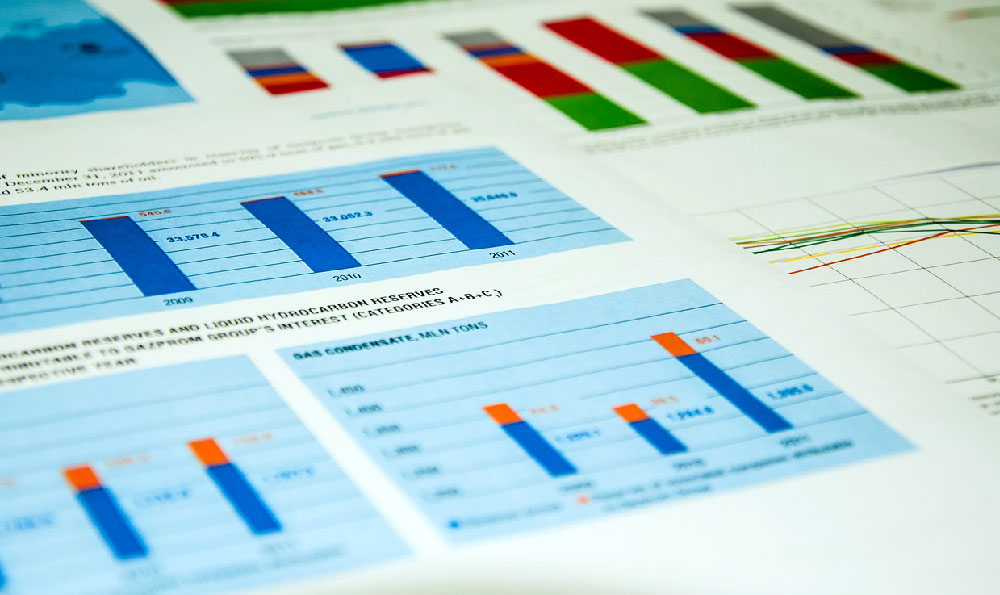Elizabeth Warren's Wealth Accumulation and Income Sources
As one of the most influential economists in modern times, Elizabeth Warren has built a career that spans academia, public service, and advocacy, shaping discussions on economic inequality and wealth distribution. Her work has often centered on the challenges faced by the middle class and the increasing concentration of wealth among the top earners, yet the question of her personal financial status and sources of income has sparked curiosity and debate. Understanding her income streams and how they reflect her professional journey provides insight into her position as a vocal critic of wealth inequality, while also highlighting the complexities of wealth accumulation in the contemporary economic landscape.
Warren's early career as a professor at the University of Pennsylvania and later at the University of Iowa laid the foundation for her academic income, which has been a consistent source since the 1980s. Her research on consumer finance, particularly the role of debt in American households, earned her recognition and accolades, including the prestigious Alfred P. Sloan Foundation Fellowship in 1988. These academic achievements not only solidified her reputation but also contributed to her financial stability, as university positions typically offer competitive salaries and research funding. However, her income as a professor was relatively modest compared to the political and economic influence she later gained.

Her transition into public service marked a significant shift in her income structure. Appointed as a professor at the University of Massachusetts Amherst in the mid-1990s, Warren began advocating for consumer protection policies, which eventually led to her role as a U.S. senator from Massachusetts. As a public official, her income expanded beyond traditional academic compensation, incorporating government salary and benefits. Additionally, her involvement in political campaigns and policy initiatives provided opportunities for speaking engagements, book sales, and consulting work, which have become substantial contributors to her financial portfolio.
The academic and political career of Warren is complemented by her role as a public commentator, which has further diversified her income sources. Through media appearances, interviews, and opinion pieces, she has established herself as a thought leader in economic policy discussions. Her book "A Fighting Chance," co-authored with her daughter, became a bestseller and generated significant revenue, offering a new dimension to her financial stability. Moreover, she has leveraged her platform to attract consulting opportunities, advising institutions and organizations on consumer finance issues, which has opened doors to additional streams of income.
As Warren's public profile grew, so did the visibility of her financial habits and strategies. While she has been vocal about the challenges of wealth inequality, her personal financial management has occasionally drawn scrutiny. Her advocacy for a wealth tax, a policy aimed at addressing financial disparities by taxing individuals based on their net worth, has sometimes been juxtaposed with the economic decisions she makes as a private citizen. However, it is essential to note that her work has always been rooted in empirical research and policy analysis, and any discussion of her personal finances is more about understanding her broader economic philosophy than making judgments about her financial practices.
The influence of Warren's wealth accumulation discussions extends beyond her personal financial decisions, shaping the broader discourse on economic policy. Her analysis of how wealth is generated and distributed in society has provided a framework for understanding the challenges faced by ordinary citizens in an economy dominated by the affluent. By examining her income sources, one can see how her financial stability has allowed her to engage in high-impact advocacy, whether through public office, academic research, or media platforms. However, her perspective on wealth accumulation is often critical, emphasizing the need for systemic changes to address the growing wealth gap.
Warren's approach to wealth and income has also evolved over time. As she has shifted from academia to public service, her financial strategies have adapted to meet the demands of a more active role in shaping economic policy. This includes managing income from various sources, such as government employment, book sales, and speaking engagements, while also maintaining a commitment to transparency and public accountability. Her financial decisions are not just personal but also reflect her broader advocacy goals, creating a unique intersection between individual financial management and public economic policy.
The recurring themes in Warren's work on wealth accumulation and income distribution underscore the importance of addressing economic disparities through both policy and personal financial responsibility. Her income sources, which include academic salaries, political compensation, and earnings from public commentary, illustrate how individuals can generate wealth through diverse channels. However, the economic challenges she highlights—such as the concentration of wealth among the top 1%—serve as a reminder that wealth accumulation is not solely about individual strategies but also about systemic inequities that require collective action.
As a public figure, Warren has used her financial status to amplify her message on economic inequality. Her advocacy for a wealth tax and her calls for greater financial transparency have often been accompanied by discussions about her own financial practices, creating a sense of personal responsibility that resonates with her audience. This has allowed her to connect with voters and stakeholders who are concerned about the intersection of personal income and systemic wealth disparities, further strengthening her influence in economic policy discussions.
Ultimately, Warren's journey in wealth accumulation and income management reflects a broader narrative about the relationship between personal economic strategies and public policy advocacy. While her financial stability has supported her work, her focus on addressing wealth inequality has remained constant. By examining her income sources and wealth accumulation methods, one can gain a deeper understanding of the challenges and opportunities that arise in the intersection of economics, politics, and personal finance. This perspective is crucial for navigating the complexities of wealth in today's society, highlighting the need for both individual and systemic approaches to economic equity.












